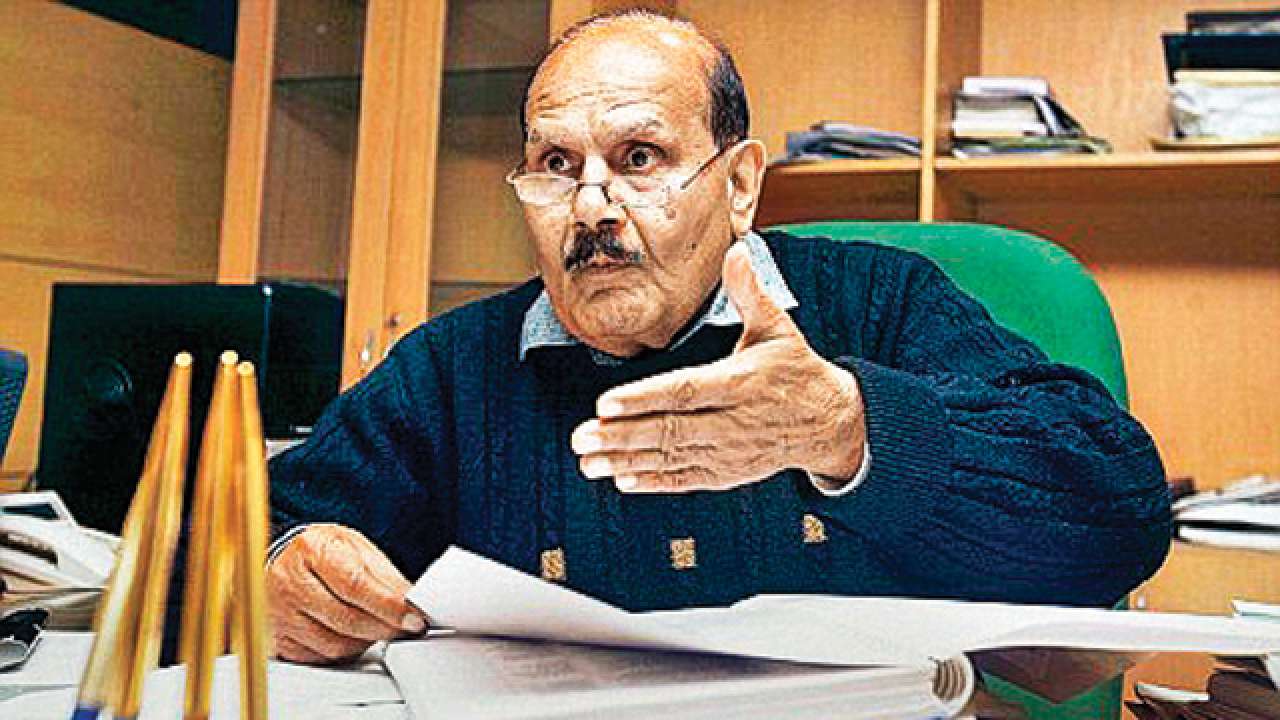
The EPCA has tried its best to bring about change and has urged all the states and agencies to follow the measures. However, it is the administration which has to go on the ground and get things done. All the state governments were on board and had agreed to the plan which we had submitted. Most pollutants are from crop stubble burning, besides industrial and vehicular emissions in neighbouring states. The State Pollution Control Boards (SPCBs) are the weakest links. These Boards get politicised and hence the implementation on the ground is majorly affected. Also, there is a lack of political will and initiative on part of all governments. While there is an improvement in conditions, and awareness has been created, we have a long way to go.
We have been telling the Centre and the state governments to provide alternatives to farmers, as the window between kharif and rabi crops is too small. The Centre must look at subsidising the tools such as happy-seeders and give them to farmers. Further, the state governments must organise farmers in groups and provide them these tools on a community basis. Alternatives are available and crop residue can be turned into an economic good. Besides, agencies which convert paddy straw into electricity must be welcomed. The Punjab government asked the Centre for Rs 10,000 crore to incentivise farmers, which is not a feasible thing to do. They must look at doable alternatives.
Vehicular pollution contributes to over 20 per cent in the overall air pollution. It is a big number. I have been saying this for years and one of our objectives is to discourage private transport on roads. In 2010, the number of buses should have been 11,000. What is it now? Who is to blame for it? We have always supported robust public transport, which will cut down on emissions as well as congestion. We went to Anand Vihar — a pollution hotspot — with a team and have suggested a plan for reducing smoke and dust in the area. The place did not have urinals and its redevelopment has been pending for years. After our team worked on it, Anand Vihar looks better. However, the government did not take an initiative to follow up on it.